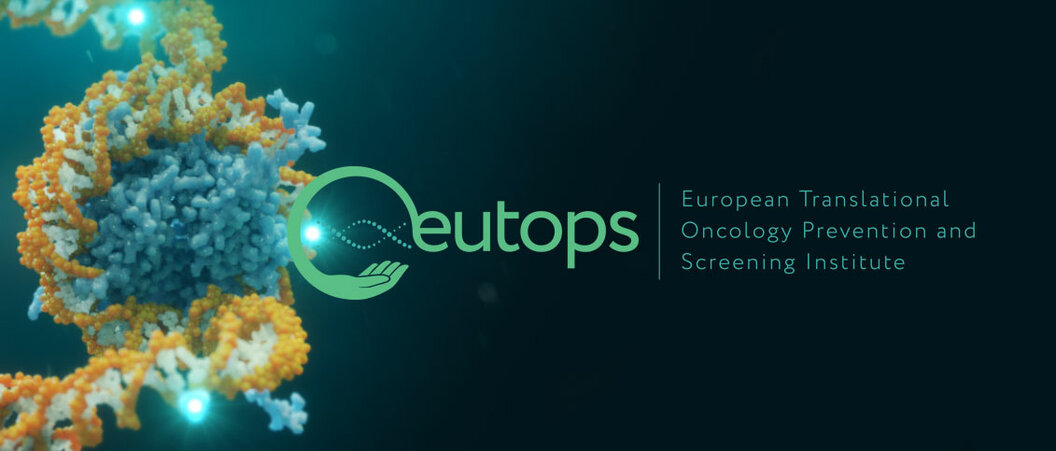A new publication by Prof Martin Widschwendter and his team reports on a test for the detection of uterine cancer that outperforms currently used methods in peri- and postmenopausal women with abnormal vaginal bleeding.
In 400 women aged 45 and over who visited a specialist clinic in London because of abnormal bleeding, standard procedure for uterine cancer diagnosis included a series of imaging procedures (mainly ultrasound) followed, if necessary, by diagnostic surgery (hysteroscopy and curettage). Both ultrasound and the new WID®-qEC test correctly detected the same number of uterine cancer cases (91 %).
Compared to the standard procedure (ultrasound), the WID®-qEC test would have rendered 90 % of the surgical diagnostic procedures unnecessary.
The introduction of the WID®-qEC test hugely simplifies and speeds up the diagnosis of uterine cancer for women who visit their doctor with peri- or postmenopausal abnormal bleeding. The sampling methods for the WID®-qEC test (vaginal swab) and cervical cancer screening (cervical swab) are very similar. The test result is available within a few days, meaning that doctors can give the all-clear quickly in the majority of cases. In the rare cases of a positive WID®-qEC test, the patient can be rapidly referred to the hospital for surgical diagnostics and, if the suspected cancer is confirmed, can start treatment without unnecessary delay.
Find below a video outlining how the test works, or read the research:



